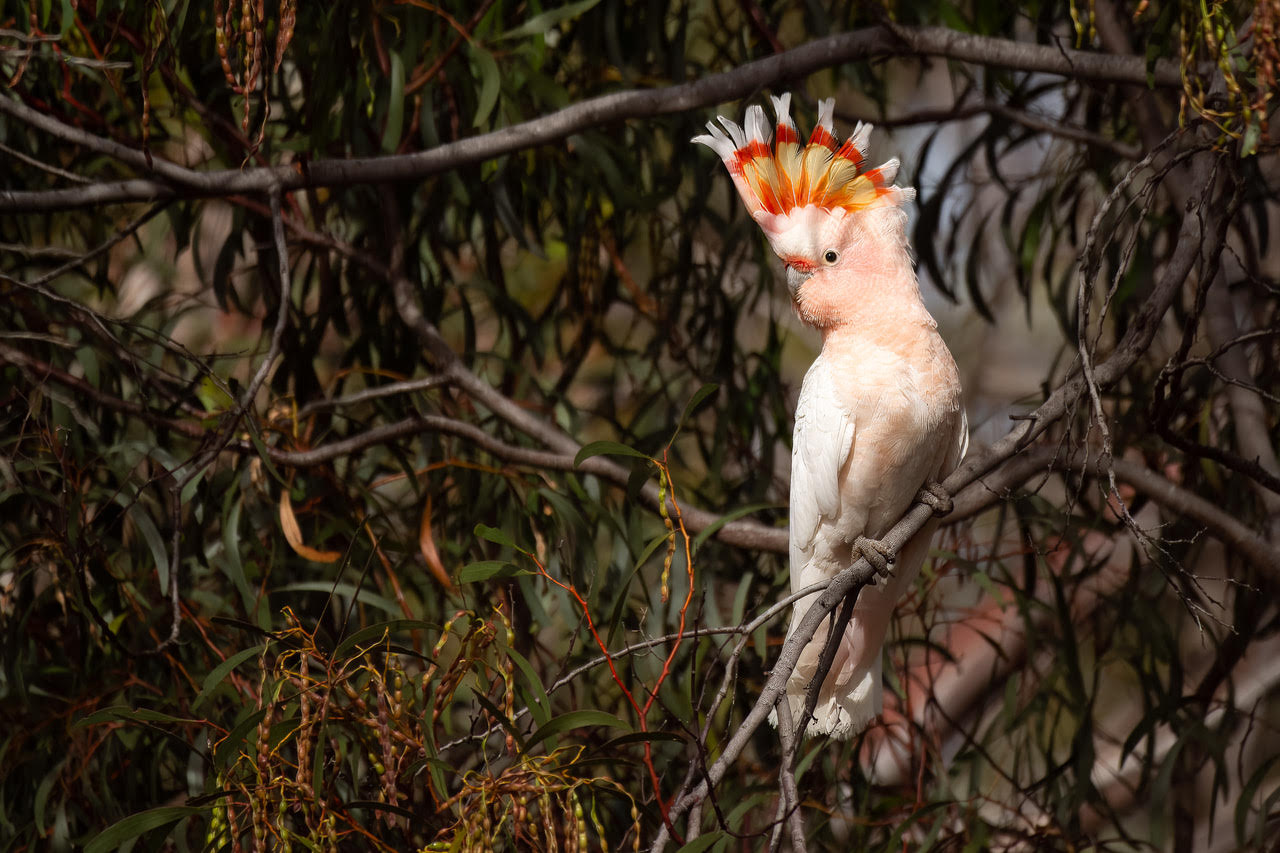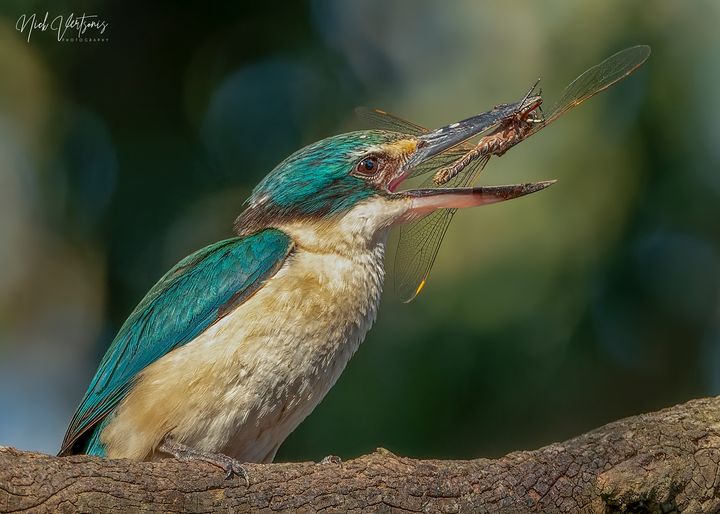How to start a year of skilful learning
How should we start the school year if we want our students to develop learnership?
That was the question a New Zealand principal I work with asked me as I was working with his staff this week. He wanted to know how his teachers should set up the start of the school year to ensure they are valuing and developing the skill of learning. What norms and expectations should they be establishing?
This was my response.
1. Learning is a skill. Respond with awe!
First, teachers should recognise and celebrate learning as a skill. Learning must not be something you simply do. It must be something you learn to do well! Students must be seeking to get better, at getting better. In doing so, you raise the status of learning from an act, to an art throughout your school.
I asked the teachers to think about the way they responded when they see something done skilfully. Try it for yourself now. What do you think of and recognise when you see something being done skilfully?
For me, it’s bird photography. I took up bird photography as a hobby during covid. Since then I’ve been developing my skills and I reckon I take a few nice pics. My photo’s today, like these, are much better than the ones I took when I started, which were mainly of blurry birdless twigs!

The time I’ve spent learning about photography has helped me appreciate the skills necessary to take a truly wonderful photo. So when I see one’s like the ones below, I’m awestruck. I can recognise the hours of practice that the image represents, the deep knowledge of how to set up the camera to make the image possible, and the field craft to be in the right spot at the right time. The standard of these photographs gives me a good idea of the photographers backstory. The time and effort it’s taken to develop those skills. So I respond with wonderment. 

In a school where we recognise learning as a skill, we respond to demonstrations of skilful learning a similar way. We recognise the backstory required to continually develop ourselves as learners. We see students engaging in the learning process in increasingly skilful ways.
"In this school you might hear a teacher exclaim “the way you went about your learning today was just beautiful!”
2. Know what skilful learning looks like.
You must be able to recognise what skilful learning looks like. Just like my photography example, you have to know what you're looking at, to deeply appreciate quality when you see it.
So the second piece of advice I offered was to deeply understand skilful learning. To understand the nuisances and subtleties of the skill of learning. To know what to look for in students behaviour that shows they are improving in the way they learn.
Remember this is not about the outcome of learning, our curriculum outcomes. It’s about the process of learning. How students engage in the learning process. Learnership is subject agnostic. It doesn’t matter what you are learning about. It’s how you're going about learning that matters.
The teachers at this school spend a great deal of time understanding the skill of learning. They study learnership. They know the qualities and practices of different types of learners.
3. A Language of Learning
Like any area of expertise, describing expertise in learning requires its own vocabulary. In my photography there’s an entire language of specialised terms - f-stops, bokeh, exposure triangles, golden hours, noise reduction and much more - that allows you to describe what quality and expertise looks like.
So my last piece of advice was to develop a shared language of learning in the school.
When you walk into a classroom that is focused on developing skilful learners, you hear the language of learning. Students are actively moving in and out of their learning zone. The language of challenge is common. Discussions about what to do, when you don’t know what to do, are the norm. Effort is recognised as the currency of growth and valued. The Habits of Mind are used to describe how students are engaging in the learning process. The language of learning will permeate the school.
Teachers establish student expectations for learning from the start of the year. Students are told to expect to struggle, to not immediately know the answer, to get things wrong and to feel challenged by learning. They are taught that these are all expected as part of the learning process. They understand these feelings will pass and be replaced by the experience of growth.
What Else?
All of the above help establish the environment and expectations that allow students to develop as more effective learners. What else would you do to start your year and establish a classroom environment that develops Learnership? Send me an email, I’d love to hear your thoughts.
To find out more about Learnership - the skill of learning, visit www.jamesanderson.com.au/
If you’d like to know more about Learner Agency, download my free 28 page leader's guide, or book a time in my calendar to talk about how I can support you in this important work.
Best Wishes,
James
Stay connected with news and updates!
Join my mailing list to receive the latest news and updates about mindset, Habits of Mind, Learning Agility and more.
